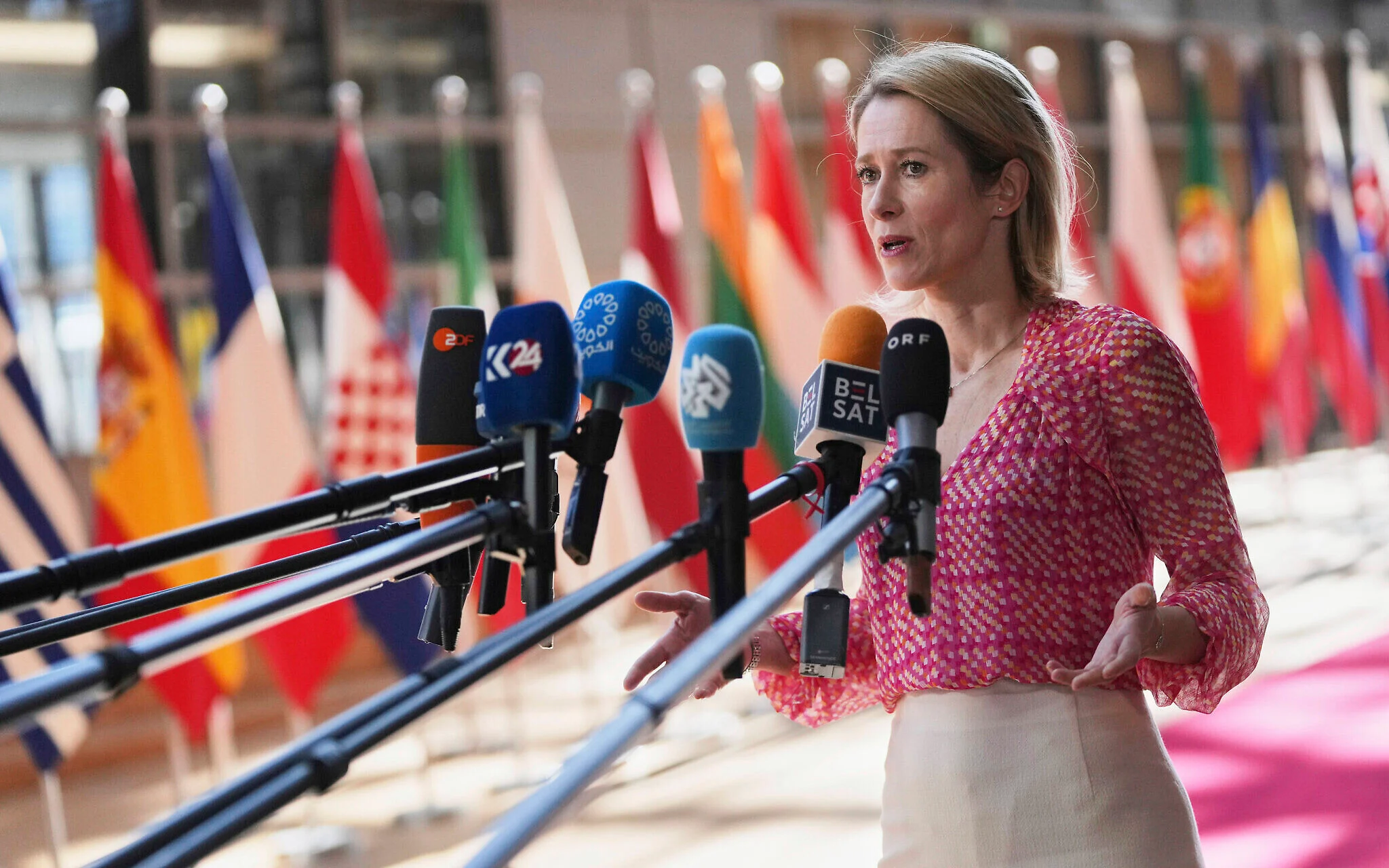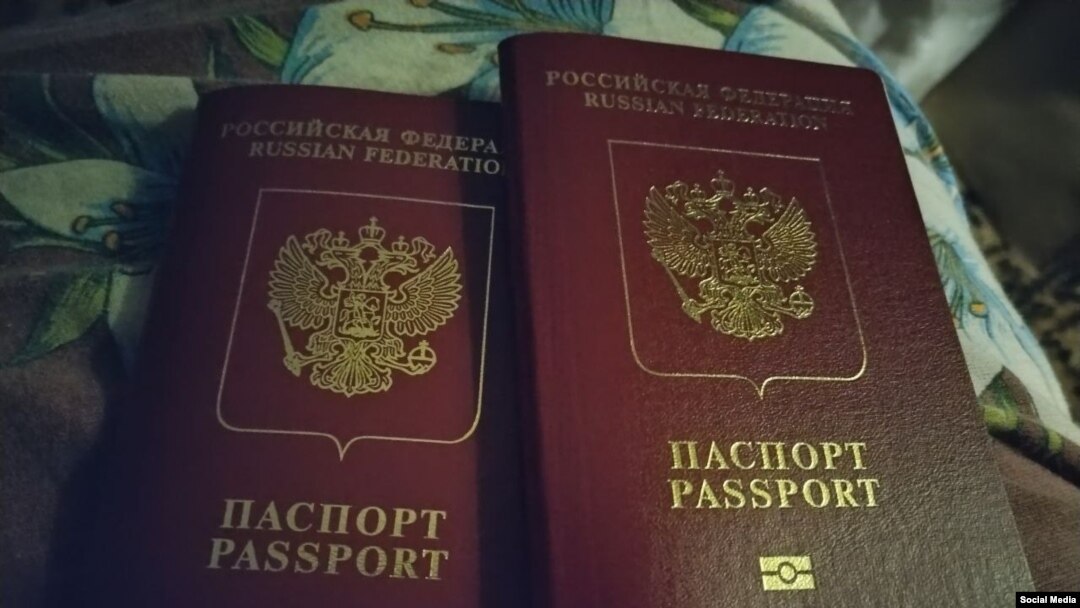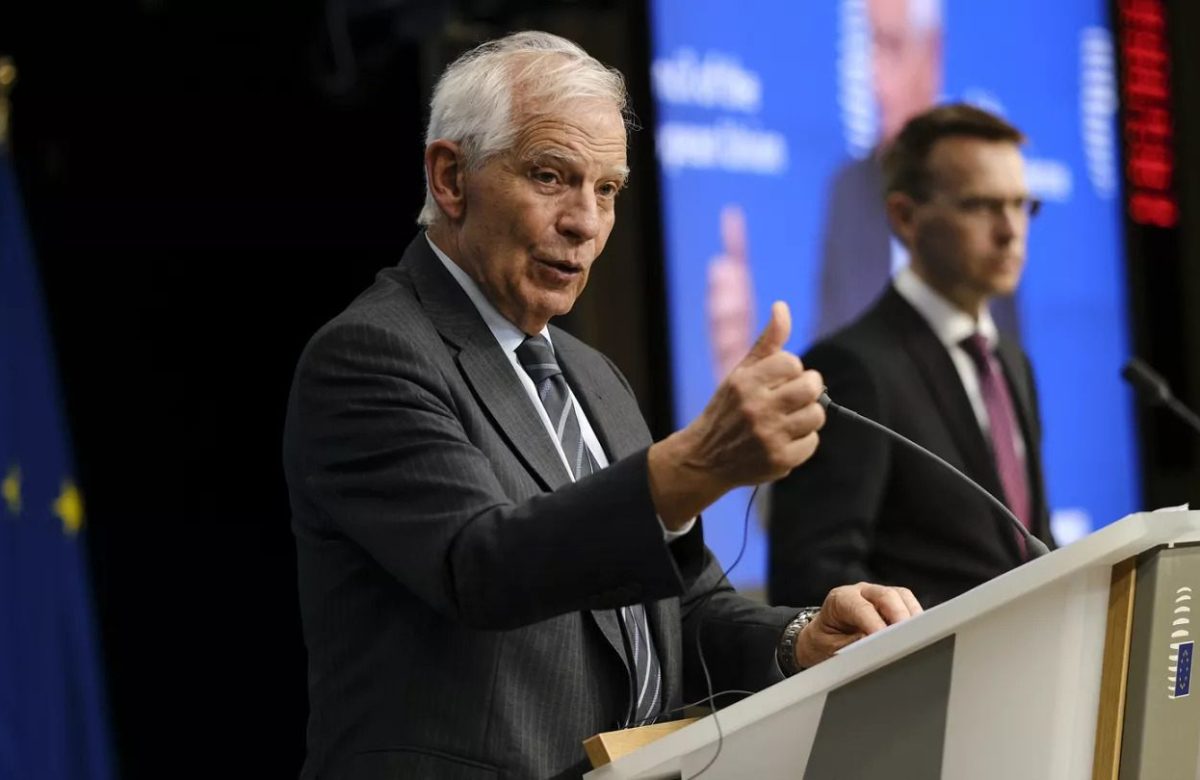
EU Announces Conditional Sanctions Relief for Syrian Economy While Maintaining Pressure on Assad-Era Figures
- World News
- May 20, 2025
- No Comment
EU Announces Conditional Sanctions Relief for Syrian Economy While Maintaining Pressure on Assad-Era Figures
Report by Safarti Tarjuman International Desk
The European Union has revealed plans to partially lift economic sanctions on Syria, aiming to support recovery efforts while maintaining restrictions on individuals and entities tied to the former Assad regime.
The announcement came after a meeting of EU foreign ministers, chaired by Foreign Policy Chief Kaja Kallas, who emphasized the urgency of supporting Syria’s path to peace following years of civil conflict.
“Saving lives is our top priority,” Kallas stated. “We must offer Syria a chance to rebuild or risk another prolonged humanitarian crisis.”
The EU’s decision is closely linked to the performance of Syria’s new leadership under President Ahmad al-Sharaa, who replaced former President Bashar al-Assad after an insurgency ended the civil war last year.
- Economic Relief Granted: EU members will relax trade and investment restrictions to spur economic growth and humanitarian recovery.
- Security Controls Intact: The EU will uphold restrictions on arms and dual-use technology to prevent misuse for internal suppression.
- New Targeted Measures: Additional sanctions will target individuals involved in ongoing human rights abuses and activities threatening regional peace.
This policy shift follows U.S. President Donald Trump’s recent announcement to ease American sanctions after meeting with President al-Sharaa, signaling a coordinated Western strategy to rebuild Syria’s devastated infrastructure.
Kallas acknowledged concerns over possible sectarian instability but emphasized the importance of economic revitalization in ensuring long-term peace.
The United Nations estimates that 90% of Syrians now live below the poverty line, with electricity availability as low as two hours per day in many areas.
Celebrations erupted across Syrian cities following the announcements by the EU and U.S., with regional leaders welcoming the decision as a positive step toward normalcy.







